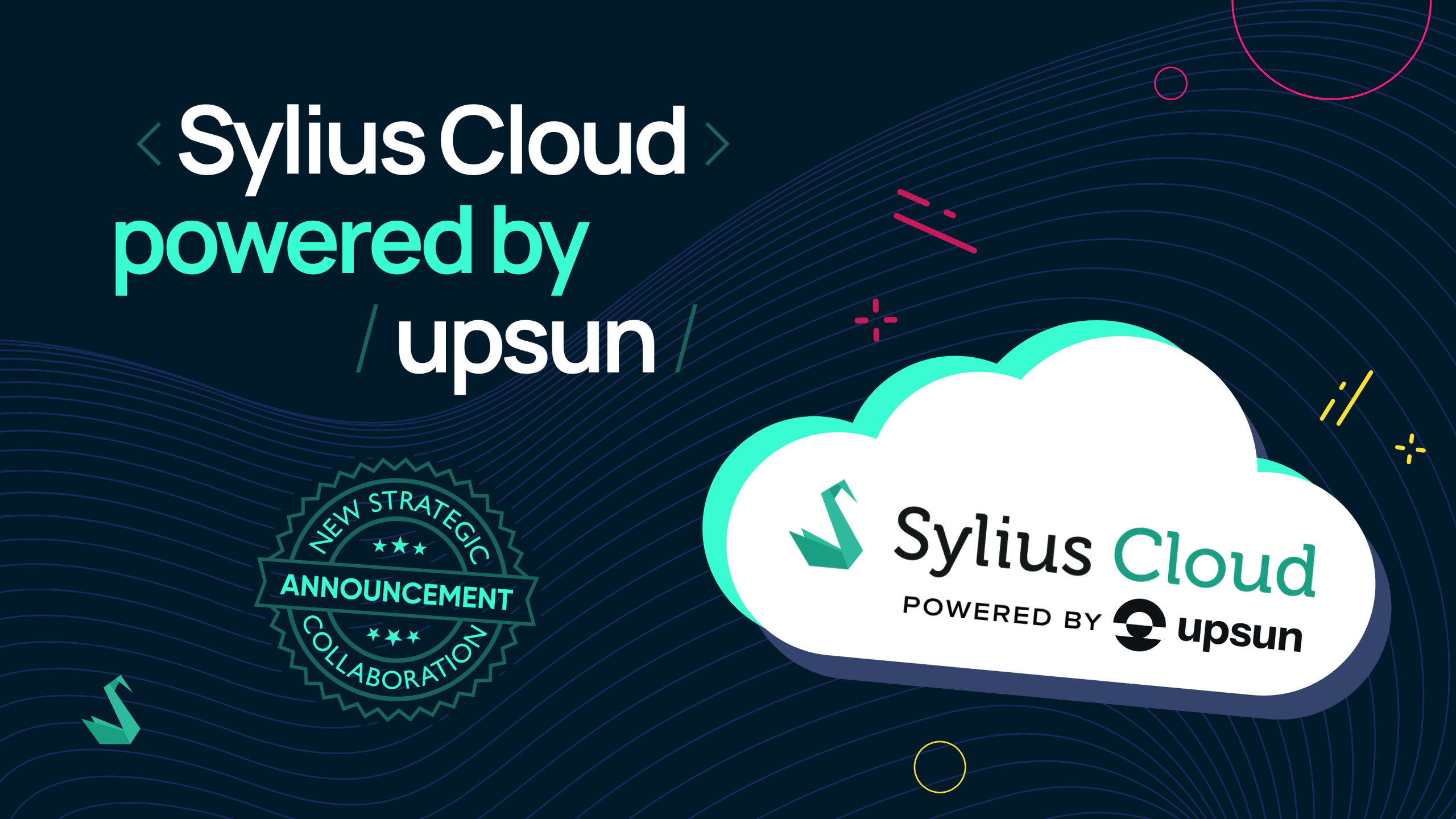Ecommerce platforms are the backbone of any online retail store; if an online store was a building, then an eCommerce platform would be the foundation, supporting the business created on top of them. They provide all the necessary backend functions such as order or inventory management, returns, refunds as well as customer service. A good eCommerce platform does not only support; it also enables the enterprise to grow and should be scalable enough to grow along with it.
Ecommerce platforms are incredibly beneficial, and choosing the right one can be critical for the business. There is plenty to think about when it comes to identifying the right eCommerce fit, so whether you’re launching an online store or you’re getting ready for migration from your current platform, here you have five things you should consider when choosing your eCommerce Platform:
All platforms have costs associated with them. Make sure you can support the costs of a platform before you spend the money. That includes not only the cost of building your eCommerce platform itself but also the ongoing development and maintenance costs.
How quickly your business can grow? As your business grows, will your eCommerce platform grow with you? A platform that is difficult to scale can obstruct the growth of your business. You don’t want to pay for features that you won’t be using when you start. At the same time, you want to keep up with higher demands as your business takes off. Therefore, it’s essential to look for a platform that will scale along with your business. A good platform will help you stay relevant in the everchanging industry of eCommerce.
SEO is a brilliant way to generate traffic for your eCommerce business. It’s the most popular digital marketing technique to maximize the number of visitors on your website. More than 90% of all internet activity starts with a search. Meaning you’re going to have a hard time running an online store if users can’t find your website through Google. Considering that SEO involves a lot of factors: UX, speed, meta tags, etc., you’ll need to find a platform that does well with all of them.
Did you know nearly 60% of searches are done from mobile devices? Often those searches continue to purchase. By 2021, mobile eCommerce (mCommerce) sales are expected to exceed 54% of total eCommerce sales. That means it is vital to look for platforms that allow customers to access your website and to make a purchase on their mobile device quickly and with no complications.
You should take into account integrations and plugins when looking at eCommerce platforms. Think of what tools you may need soon or what features you already use for your business. It is crucial for the platform you are considering to be able to provide to your needs. Some of the most popular types of plugins are accounting plugins as well as shipping and payment plugins.
In-depth research and advice from someone already experienced with different eCommerce platforms is a good start, but just a start. Regardless of what is your project’s specification, there is always a lot to consider when choosing the right eCommerce Platform. A lot more than just the 5 points mentioned above, so if you’d like to read a little bit more about what you should look for while choosing an eCommerce Platform, let us know!


